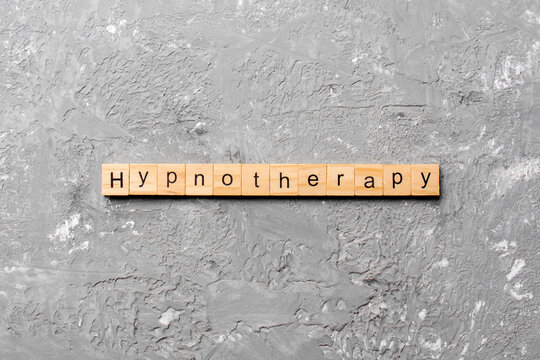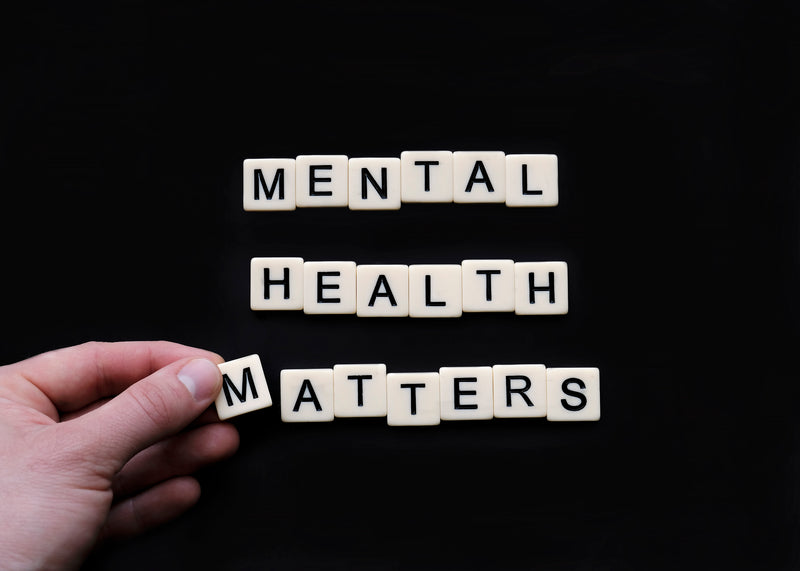Mental health is a topic that has gained increasing attention in recent years, and for good reason. Taking care of our minds is just as important as taking care of our bodies, yet many people still struggle to find effective ways to do so. If you’re reading this, chances are you may be one of those people. You may have tried therapy before but didn’t feel like it was helping, or maybe you’re considering therapy for the first time but aren’t sure where to start. Whatever your situation may be, I’m here to help. we’ll be diving into some of the most common questions and concerns surrounding mental health therapy and how to make it work for you. So without further ado, let’s get started with

Who is Mark and Why Should You Ask Him About Mental Health Therapy?
Ask Mark is your go-to guide for all things mental health therapy. Mark is an experienced therapist who has helped numerous individuals overcome their psychological struggles and regain control of their lives. With a deep understanding of human behavior and emotions, Mark’s expertise in the field of mental health therapy is unparalleled.
As someone who has seen firsthand how effective therapy can be, Mark advocates for seeking professional help when dealing with mental health issues. He believes that everyone deserves to live a healthy and fulfilling life, free from the constraints of anxiety, depression or any other psychological disorders.
Whether you are struggling with personal relationships or managing stress at work, asking Mark about effective mental health therapy will provide valuable insights that will help you navigate through these challenges with ease. So if you’re ready to take the first step towards improving your emotional wellbeing, simply ask Mark.

Understanding the Basics of Effective Mental Health Therapy: Insights from Mark
Effective Mental Health Therapy involves a collaborative effort between the therapist and the client. It is important to find a therapist who is a good fit for you and who you feel comfortable opening up to. Therapy sessions should be a safe space where you can discuss your thoughts and feelings without fear of judgment. A good therapist will help you identify negative patterns of thinking and behavior, and work with you to develop coping strategies. Cognitive-behavioral therapy is one effective approach that focuses on changing negative thought patterns and behaviors. It can be particularly helpful for anxiety and depression. Mindfulness-based therapy is another approach that focuses on being present in the moment and developing awareness of your thoughts and feelings. It can be helpful for managing stress and improving overall well-being. Remember, therapy is not a quick fix, but with commitment and effort, it can lead to significant improvements in your mental health.

Common Questions About Mental Health Therapy Answered by Mark
When it comes to mental health therapy, it’s normal to have questions and concerns. That’s why I’m here to answer some of the most frequently asked questions about therapy.
Firstly, what is the difference between psychiatry and psychology? Psychiatrists are medical doctors who can prescribe medication, while psychologists specialize in therapies that do not involve medication. It’s important to decide which route you want to take before seeking professional help.
Secondly, how long should I expect my therapy sessions to last? A typical session lasts 50-60 minutes but may vary depending on your therapist’s preference or your schedule. Therapy is a collaborative process so don’t hesitate to discuss this with your therapist.
Thirdly, will my therapist judge me for what I say during our sessions? Therapists are trained professionals who practice confidentiality as part of their profession’s ethics code. They will not judge or disclose anything that was said during sessions unless required by law or if there is risk of harm involved.
Lastly,can someone force me into therapy against my will? In general, no one can force another person into treatment without consent except under certain circumstances like court orders or hospitalization for psychiatric reasons. However, if you’re struggling with a mental health issue but unwilling/unable to seek out professional help – reach out for support!

How to Find the Right Therapist for You: Tips from Mark
Finding the right therapist is crucial for effective mental health therapy. Researching online can be a good starting point to find therapists in your area. Look for therapists who specialize in the issues you want to address. You can also ask for recommendations from friends or family members who have had positive experiences with therapy. Don’t be afraid to ask questions during your initial consultation with a potential therapist. Ask about their qualifications, experience, and approach to therapy. It’s important to find someone who you feel comfortable talking to and who you believe can help you achieve your goals. Remember that finding the right therapist may take some time, but it’s worth the effort to find someone who can provide effective support and guidance for your mental health journey.
What to Expect During Your First Therapy Session: Insights from Mark
During your first therapy session, it is normal to feel nervous or unsure of what to expect. The therapist will likely start by asking some questions about why you decided to seek therapy and what specific issues you are hoping to address. It’s important to be honest and open during this initial conversation, as it will help the therapist get a better understanding of your needs.
From there, the therapist may suggest different approaches or techniques that could be helpful for you based on your unique situation. They may also talk about their own approach to therapy and how they plan on working with you moving forward.
Remember that therapy is a collaborative process, which means that both you and the therapist have an active role in shaping each session. Don’t be afraid to ask questions or voice any concerns you have along the way.
Overall, try not to put too much pressure on yourself during your first therapy session. It’s simply an opportunity for you and the therapist to get to know each other and start building a foundation for future sessions where deeper work can take place.

The Benefits of Regular Therapy Sessions: Mark’s Perspective
The benefits of regular therapy sessions are numerous and can greatly improve your mental health and overall well-being. Consistency is key when it comes to therapy, as it allows you to build a strong relationship with your therapist and work through issues over time. Regular sessions also provide a safe space for you to express yourself without fear of judgment or repercussions. Through therapy, you can gain insight into your thoughts, feelings, and behaviors, which can lead to positive changes in your life. Additionally, therapy can help you develop coping skills and strategies for managing stress and difficult situations. It’s important to remember that therapy is a process and progress may not always be linear, but with commitment and dedication, the benefits can be life-changing.
if you’re looking for answers about mental health therapy, Mark is the expert to turn to. His years of experience in the field and his passion for helping others make him an invaluable resource. From understanding the basics of effective therapy to finding the right therapist and knowing what to expect during your first session, Mark has you covered. And with his insight into the benefits of regular therapy sessions, he can help guide you on a path towards improved mental health and overall wellbeing. So don’t hesitate to ask Mark all your questions about mental health therapy – you’ll be glad that you did!
Answers To Common Questions
Question: Who is Mark and why should I ask him?
Answer: Mark is an expert in his field with years of experience. Asking him can provide valuable insights and solutions.
Question: What kind of questions can I ask Mark?
Answer: You can ask Mark anything related to his area of expertise. He is happy to answer any questions you may have.
Question: How can I contact Mark to ask a question?
Answer: You can contact Mark through his website or social media channels. He is responsive and always happy to help.
Question: What if I don’t agree with Mark’s answer?
Answer: It’s okay to have a different opinion. You can respectfully disagree and offer your own insights. Mark welcomes healthy discussions.
Question: Who else has asked Mark for advice?
Answer: Mark has advised numerous individuals and businesses in his field. Many have found his advice to be invaluable and effective.
Question: How can I make the most of asking Mark a question?
Answer: Be specific and clear in your question. Provide as much context as possible. Mark will be able to give you a more accurate and helpful answer.
